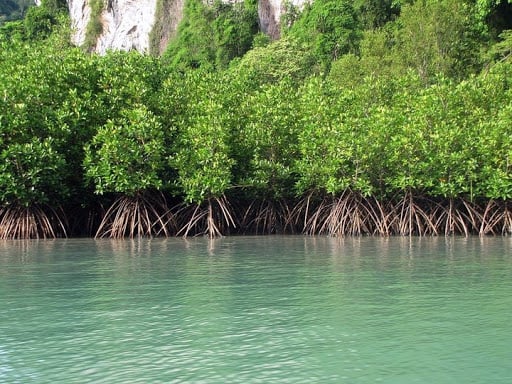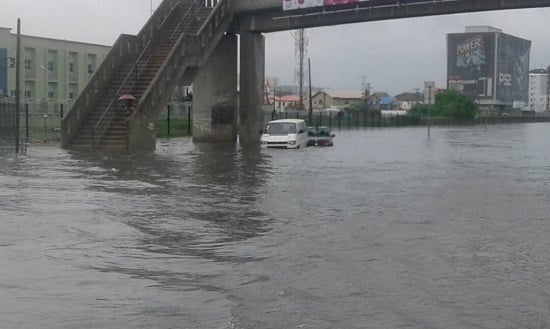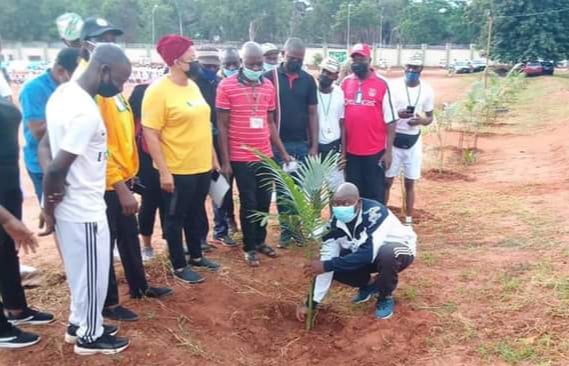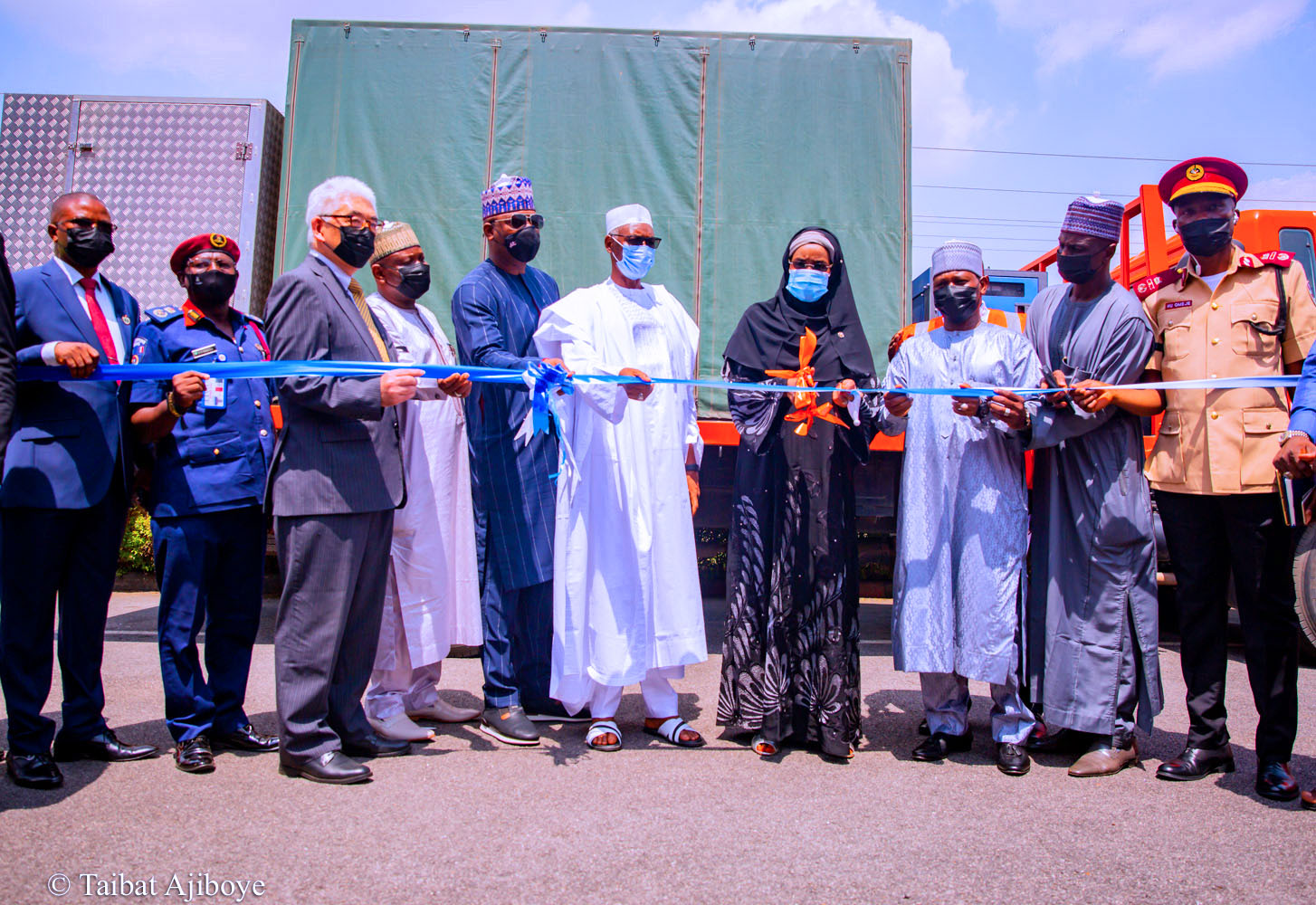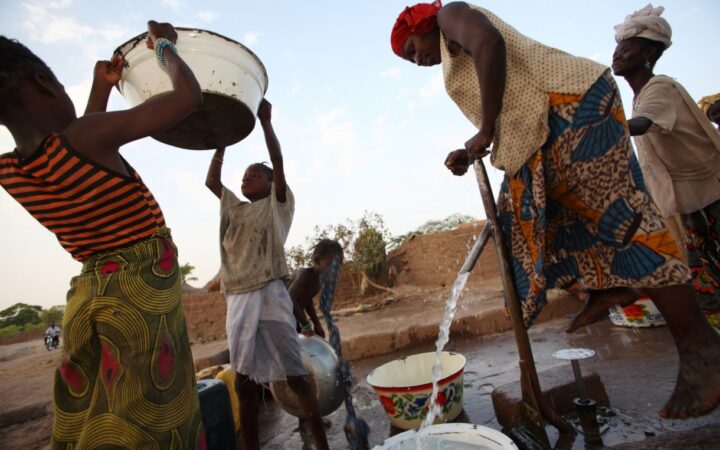Climate resilient wheat play a crucial role in food and nutritional security of the world. Copyright: Pixabay(CC BY-NC-ND 2.0)
Africa has unveiled its key priorities ahead of the 30th session of the United Nations Climate Change Conference (COP30) billed for next week in Belém, Brazil.
The continent is calling for a tripling of adaptation finance and the urgent delivery of long-promised climate support from wealthy nations.
At COP29, developed countries agreed to mobilise $300 billion to assist developing countries with climate mitigation, adaptation and the transition from fossil fuels.
In a new policy brief released on Wednesday titled ‘African Priorities for COP30’, regional negotiators say this year’s conference tagged the ‘Implementation COP’, must mark a turning point from talk to action.
Advertisement
The document urges developed countries to move beyond pledges and meet their legal obligations to provide finance, technology, and capacity-building support under the Paris Agreement.
The brief outlines Africa’s key demands for the talks including the adoption of global adaptation indicators, enforcement of legally binding finance commitments under Article 9.1 of the Paris Agreement, measurable progress on loss and damage, technology transfer, and the just transition agenda.
It also pushes for formal recognition of Africa’s “special needs and circumstances” under the UN climate framework.
Advertisement
According to the document, Africa’s adaptation needs are estimated at $70 billion annually, yet only $14.8 billion flowed to the continent in 2023.
It calls for an immediate tripling of adaptation finance beyond the Glasgow doubling pledge by 2030, anchored on public, predictable and grant-based funding to help communities cope with worsening floods, droughts and heatwaves.
Mohamed Adow, founder and director of Power Shift Africa, said the world has run out of patience for unfulfilled promises.
He added that the continent is not arriving in Belém empty-handed.
Advertisement
“The world no longer needs more promises, but proof that climate multilateralism can still deliver — and deliver for all,” Adow said.
PROPOSED TROPICAL FOREST FOREVER FACILITY TO BE LAUNCHED AT COP30
The brief also raises concern about Brazil’s proposed Tropical Forests Forever Facility (TFFF), a $125 billion initiative aimed at rewarding tropical forest nations for conservation.
African negotiators and campaigners fear the mechanism could deepen debt and sideline non-rainforest countries.
Advertisement
Wafa Misrar, campaign and policy lead for Climate Action Network (CAN) Africa, said the facility risks becoming another market-based distraction.
“African countries must be cautious of the Tropical Forest Forever Facility introduced by Brazil,” Misrar said.
Advertisement
“The fund depends on loans and bonds, meaning developing countries could end up paying interest through debt finance to carry out conservation. The mechanism sets complex conditions that some forest countries may not meet.”
The policy brief also places strong emphasis on a just transition, urging Africa to push for an implementation framework that links decarbonisation with industrialisation, job creation, and poverty reduction.
Advertisement
Amos Wemanya, global project co-lead for Fair Share for People and the Planet at Greenpeace, said Africa’s position at COP30 should reflect ambition and opportunity.
He added that Belém must mark a turning point for Africa’s energy transition.
Advertisement
“Africa arrives at COP30 determined to drive a new era of climate cooperation grounded in equity and opportunity,” Wemanya said.
“The continent has the renewable energy capacity, human talent, and ambition to power a cleaner and more resilient global economy, but we need fair access to the finance and technology that makes this possible.”
The brief concludes that if COP30 is to live up to its billing as the ‘Implementation COP’, it must also be remembered as the moment Africa’s voice turned promises into action — anchoring the global climate regime on justice, accountability, and delivery.
Adaptation is expected to take centre stage at COP30, which will hold from November 10 to 21 in Belém, Brazil.
Parties are expected to finalise a set of global adaptation indicators — metrics to measure how countries are coping with and responding to climate impacts.
These indicators, part of the Global Goal on Adaptation (GGA) established under the Paris Agreement, are meant to track progress in areas such as food security, water access, health systems, and resilient infrastructure.
African negotiators say the framework must reflect the continent’s realities and be tied to predictable, grant-based finance, warning that without clear indicators, adaptation efforts risk becoming another unfunded promise.


